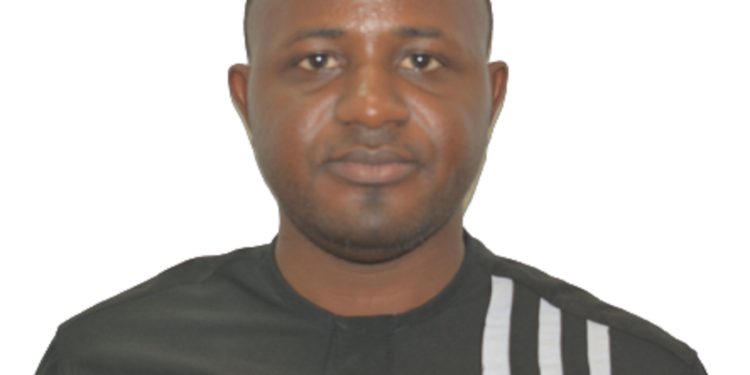By Mackie M. Jalloh
On August 28th 2024, the All Peoples Congress (APC) issued a sharp rebuke to the ruling Sierra Leone People’s Party (SLPP) during their third parliamentary monthly press conference, held at their political office in Brookfields. The event, which focused on the escalating food security crisis in the country, saw the APC launching a full-scale attack on the SLPP’s management of its much-touted ‘Feed Salone’ initiative. The opposition painted a bleak picture of the government’s efforts, accusing the SLPP of exacerbating food insecurity through mismanagement and lack of strategic foresight.
Honourable Ibrahim Barrie, speaking on behalf of the APC, delivered a pointed critique of the SLPP’s handling of food security. He contended that despite the grand promises made under the ‘Feed Salone’ program, the government has failed to deliver on its commitments to the people. According to Barrie, the initiative, which was intended to tackle the nation’s food security issues, has not only missed its targets but has also highlighted the government’s incompetence in addressing the country’s urgent needs. “The SLPP is unable to feed the nation,” Barrie declared, citing what he described as a lack of necessary skills and strategic planning within the government ranks.
The APC bolstered its argument by presenting what it called “alarming statistics,” claiming that 99 out of every 100 Sierra Leoneans are now facing food insecurity. This, they argued, is not merely about citizens being unable to afford their preferred foods but is indicative of a broader failure of the ‘Feed Salone’ project. The opposition accused the SLPP of neglecting the fundamental needs of the populace, resulting in a situation where people are forced to accept whatever food is available, regardless of its nutritional value.
Beyond criticism, the APC also offered recommendations for improving the situation. Hon Alpha Jalloh urged President Julius Maada Bio to take immediate, unpublicized trips to agricultural sites across the country. These visits, Jalloh suggested, would allow the President to gain a firsthand understanding of the challenges farmers face and to identify the root causes of the failures in the ‘Feed Salone’ program. Importantly, Jalloh emphasized that these visits should be focused on finding practical solutions rather than serving as mere public relations exercises.
The APC’s criticisms arrive at a critical juncture for Sierra Leone, where concerns about food security are intensifying. The opposition’s arguments raise significant questions about the effectiveness of the SLPP’s policies and the government’s ability to address the growing crisis. As the food security situation continues to deteriorate, the pressure is mounting on the SLPP to respond with more effective and transparent measures.
With the nation’s food security hanging in the balance, the APC’s call for accountability and practical action places a spotlight on the SLPP’s governance. The opposition’s stance reflects a broader concern within Sierra Leone about the direction of the country under the current administration, particularly in addressing the fundamental needs of its people. As the debate over food security rages on, the SLPP will need to provide concrete evidence of progress if it hopes to quell the rising discontent and restore confidence in its leadership.













